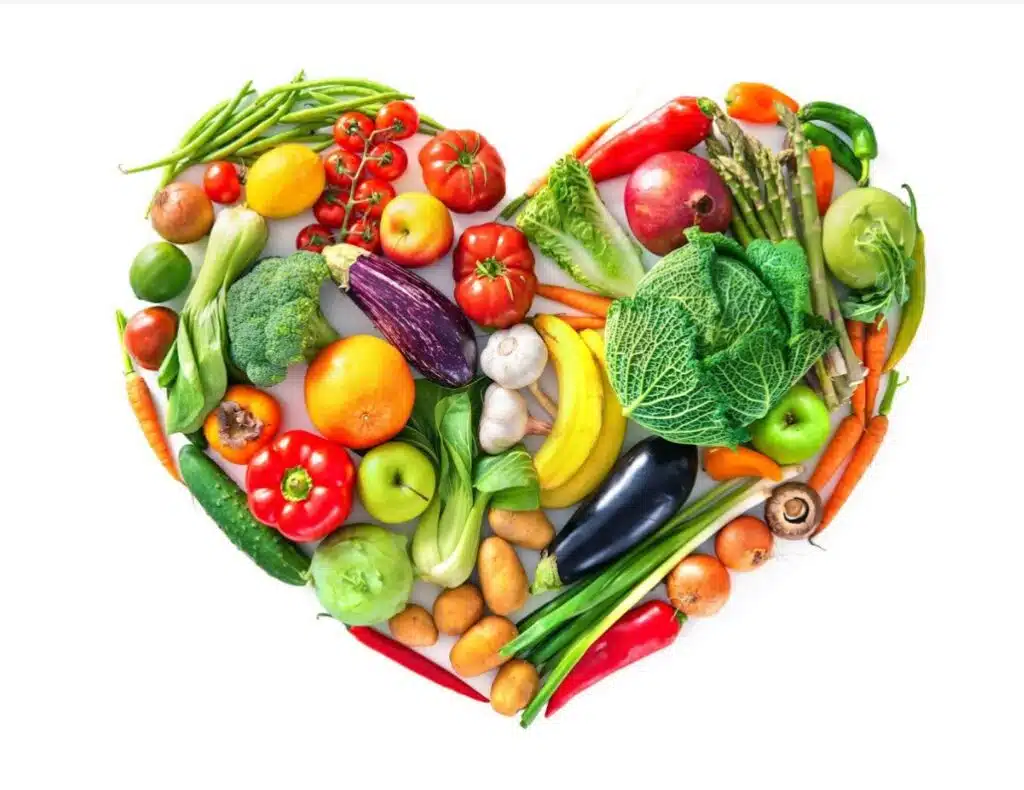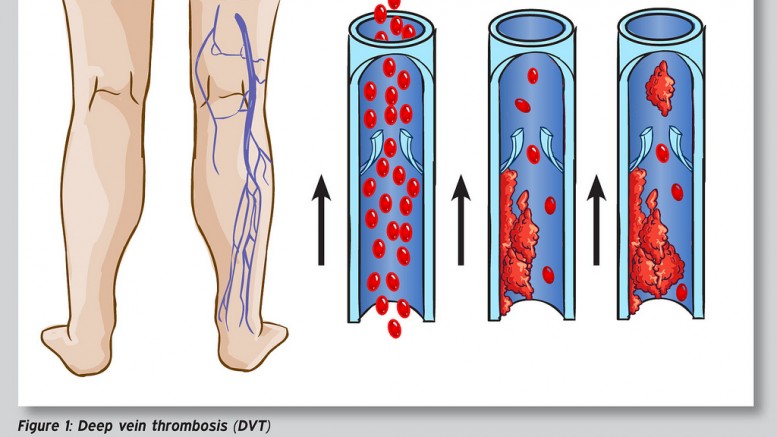Our vascular system is a complex network of arteries and veins. It serves as the body’s transportation system, carrying essential nutrients, oxygen, and blood to every cell. This system is a critical component of our health, and what we eat profoundly impacts its function. In this article, we’ll explore how your diet can affect your vascular system. You will learn what you can do to maintain optimal vascular health.
Understanding the Vascular System
Understanding the vascular system is essential to appreciate the impact of diet on your vascular health. Arteries carry oxygen-rich blood away from the heart, while veins transport oxygen-depleted blood back to the heart. This continuous circulation ensures that every part of your body receives the necessary nutrients and oxygen to function properly.
The Impact of Diet on Vascular Health
The food you consume plays a crucial role in maintaining vascular health. A diet rich in specific nutrients can promote optimal function. However, an unhealthful diet can increase the risk of vascular problems, including heart disease and varicose veins.
While diet alone may not directly cause or cure varicose veins, it can influence their development and management. A proper varicose vein treatment is necessary to ease the pain associated with this disease.
Essential Nutrients for a Healthy Vascular System
Maintaining a healthy vascular system is essential for well-being. Certain nutrients are particularly vital for supporting its optimal function. These essential nutrients play various roles in regulating blood flow and preventing vascular-related issues.
Vitamins (C, D, K)
- Vitamin C. This vitamin is renowned for its role in immune health, but it’s equally important for your vascular system. Vitamin C is an antioxidant that protects blood vessel linings. It’s essential for synthesizing collagen, a protein that provides strength and elasticity to your blood vessels. Including vitamin C-rich foods, like citrus fruits, can help maintain the integrity of your arteries and veins.
- Vitamin D. Vitamin D is essential for calcium absorption. Proper levels of vitamin D are crucial for maintaining healthy blood vessel walls. Vitamin D also prevents the buildup of calcium deposits that can restrict blood flow. You can obtain vitamin D from sunlight, fortified foods, or dietary supplements.
- Vitamin K. Vitamin K plays a vital role in blood clotting and contributes to vascular health. It helps to prevent calcium from depositing in your arteries and supports cardiovascular health. Kale and broccoli, belonging to the group of green leafy vegetables, are valuable suppliers of vitamin K.
Minerals (Calcium, Magnesium)
- Calcium. This mineral is well-known for its role in bone health, but it also plays a significant role in maintaining healthy blood vessels. When there’s an imbalance of calcium in the body, it can lead to the hardening and narrowing of arteries. This condition is known as atherosclerosis. To maintain the right balance, include dairy products, fortified plant-based milk, and leafy greens.
- Magnesium. Magnesium is another mineral that contributes to vascular health. It helps regulate blood pressure, relax blood vessels, and maintain normal heart rhythm. Whole grains, seeds, and leafy greens are high in magnesium.
Omega-3 Fatty Acids
These essential fats have anti-inflammatory properties. They can be found in fatty fish (trout, salmon, and mackerel) and plant-based sources (flaxseeds and walnuts). Omega-3 fatty acids help reduce inflammation in blood vessels and can lower the risk of atherosclerosis and blood clots. They also maintain healthy cholesterol levels, which are critical for vascular health.
Adding these essential nutrients into your diet can be a proactive step in supporting the health of your vascular system. A balanced diet ensures you receive all the necessary nutrients for maintaining healthy blood vessels.
Foods that Promote Vascular Health

The right foods can significantly make a difference when supporting your vascular system. Foods that promote vascular health can help keep your arteries and veins in optimal condition. Here are some key food groups and their benefits:
Fruits and Vegetables
- Berries. Berries like blueberries and cranberries are rich in antioxidants, particularly flavonoids. These compounds improve blood vessel function and reduce the risk of atherosclerosis.
- Leafy Greens. Spinach, kale, and Swiss chard contain vitamins, minerals, and fiber. They help to lower blood pressure, reduce inflammation, and support vascular health.
- Citrus Fruits. Oranges, grapefruits, and lemons are fruits high in vitamin C. This vitamin aids in collagen production, strengthening blood vessels. Also, citrus fruits contain flavonoids that can improve vascular function.
- Apples. Apples are rich in fiber, which can help lower cholesterol levels. They also contain quercetin, an antioxidant that may reduce the risk of heart disease.
Whole Grains
- Oats. Oats contain antioxidants that have anti-inflammatory properties, benefiting blood vessels.
- Quinoa. Quinoa is a whole grain high in protein, fiber, vitamins, and minerals. This food provides a wide range of nutrients that support cardiovascular health.
Lean Proteins
- Salmon. Fatty fish like anchovies are abundant in omega-3 fatty acids. These fatty acids lower the risk of atherosclerosis and reduce inflammation. These heart-healthy fats also help regulate blood pressure.
- Skinless Poultry. Skinless chicken and turkey are lean protein sources that provide essential amino acids without excess cholesterol. Protein is vital for repairing and maintaining blood vessel tissue.
Conclusion
Your diet directly affects the health of your vascular system, which in turn impacts your well-being. You can take significant steps toward a healthier and happier life by embracing a vascular-friendly lifestyle. Remember, your journey from fork to vein is in your hands, and your choices can shape a healthier future.
